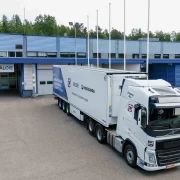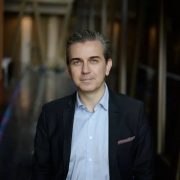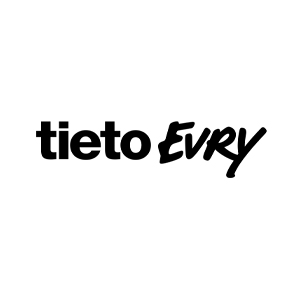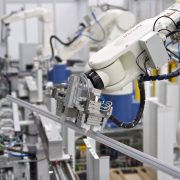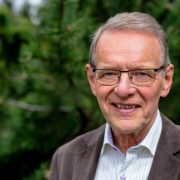The first Finnish solarpowered refrigerated trailer hits the road
Juva, 21st June 2023 – TIP Group has received the first solar-powered refrigerated trailer from the Finnish company Valoe.
TIP has received the first refrigerated trailer pilot, equipped with Valoe’s solar system. The trailer will be operated by Frigoscandia, serving transport in unbroken cold chains utilising solar power. TIP and Valoe signed a contract in January 2023 for equipping hundreds of trailers by the end of 2025. The value of the three-year-agreement is approx. 20M€, which is subject to achieving the mutually accepted KPIs. Now, the first solar-powered refrigerated trailer is about to enter the roads.
The first solar-powered refrigerated trailer equipped with Valoe’s solar system is now fully operating. Valoe handed the first pilot trailer over to TIP on 20 June 2023 in Juva, Finland. The trailer will drive along the Scandinavian roads thanks to the transportation company Frigoscandia. Three more trailers with this specific technology will join TIP’s fleet in the coming months.
During this trial, the trailers will collect crucial and valuable information on the solar system, allowing Valoe to optimize its system further.
The pilot trailer has vehicle-integrated solar panels which produce enough electricity required for the cooling system without polluting. The solar panels are based on a conductive backsheet and meet EU lead-free criteria under the RoHS Directive. The durable and lightweight modules are mounted on an aluminium fastening and cooling element making the modules easy to install and replace.
SHARED GOAL FOR CLEANER ROAD FREIGHT
The three companies, Valoe, TIP, Frigoscandia, and their customers, share a common goal of promoting environmentally friendly road freight. In January 2023, Valoe and TIP initiated a collaboration aimed at achieving cleaner road freight. As a key player in the transport industry, TIP is committed to reducing the impact on the climate and has set ambitious goals for reducing the CO2 emissions and diesel consumption of its refrigeration units. The introduction of solar-powered reefers in TIP’s fleet will not only benefit the company but also its customers by enabling them to reach their ambitious net-zero goals.
“The cleaner world is an important goal for us, and we are now striving for it together with Valoe,” says Rogier Laan, VP Sales and Marketing at TIP. “TIP has more than 16,000 reefers globally. We play an important role in the industry and strive to reduce the impact on the climate. We aim to significantly reduce the CO2 emissions and diesel consumption of refrigeration units in our current fleet, e.g., by integrating solar power systems onto the trailers. In new refrigerated trailers, we can refrain from using diesel altogether and be at the cutting edge in implementing more environmentally friendly technology in the transport sector.”
The emissions of greenhouse gases caused by road freight can be reduced by utilising solar energy. Reefers’ refrigeration engines are normally diesel-powered producing huge amounts of emissions. By replacing diesel in trailers with electricity, a significant proportion of which is generated by trailer-integrated solar panels, emissions and other negative impacts are minimised. Valoe’s photovoltaic system includes an automatic optimisation system which uses the electricity in the battery first and automatically starts the diesel engine when the electricity runs out. Temperature-controlled trailers are perceived as being very diesel-intensive, but with such innovation, we can drive the change toward more sustainable logistics!
“Every part in reduced climate impact contributes to our goal of a fossil-free operation and we welcome new technology to test and evaluate the best practice for sustainable food logistics”,says Peter Haveneth, CEO Frigoscandia
Iikka Savisalo, CEO at Valoe: “Valoe has worked hard focusing on the development and introduction of solar systems for mobility applications. One of the first moving segments is cold chain transport due to big useable surface areas where solar technology can well be implemented. We are proud to partner with such respected companies as TIP Group and Frigoscandia. Together we are looking forward to making zero-emission transport a reality”.
Read more: HERE


